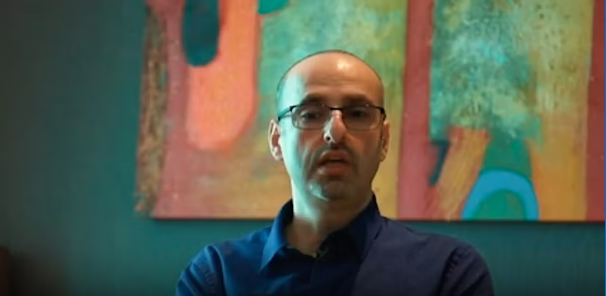The research tackles the grand challenges of the Qatar National Vision 2030 and contributes to the outcomes of the ‘Educated Population, Healthy Population: Physically and Mentally, and Capable and Motivated Workforce of the Human Development’ pillar and also the ‘Social Care and Protection’ outcome of the ‘Social Development’ pillar.
Together with national and international partner research groups and institutes, we aim to contribute to achieving the UN Sustainable Development Goals (SDGs) of Good Health and Wellbeing, and Quality Education.
The group is led by Dr. Raian Ali and Dr. Dena Al-Thani
Our set of expertise covers various facets of technology and its interrelationship with behavior, which includes;
- Human-Computer Interaction
- Persuasive Technology
- Social and Cyberpsychology
- Inclusiveness and UX
- Multimodal Sensing
- Intelligent Behavior Analytics
- Social Informatics
The i-Solouk Group studies the use of technology in interpreting and modifying humans’ attitude and behavior.
JoinThe team performs both fundamental and applied research and provides knowledge, methods and tools concerning the informed and regulated relationship between technology on the one hand, and the perception, attitude and behavior of individuals, groups and organisations on the other. The themes of our research and innovation include:
- Better relationships between people and technology, (e.g. reducing problematic attachment to social media and games)
- Inclusive technology and inclusion-native design processes
- Exploiting technology solutions for positive behavioral change both in individual (e.g. adopting healthy habits) and also in organizational contexts (e.g. increasing collective performance, sustainable living and security)
- Methods and tools to increase critical digital literacy, e.g. to combat fake news, social engineering and other forms of manipulative and deceptive online interactions
- Data-driven methods and tools to interpret and predict individual and group tendencies, trends and behaviors
- Interdisciplinary research putting together expertise from social and technical disciplines
- Close connection with leading industries, charities, schools and policy-making institutes
- Participatory and user-centred design for inclusivity and increased adoption and retention
- The fusion of education, research and professional practice at HBKU and co-creation with students and practitioners
- Dissemination in various forms including scientific publications, news, social media, demos, public seminars and tools
- Networking and cooperation with an international network of experts and thought leaders from different disciplines and areas of expertise
- Research and evidence towards a healthy informed and inclusive design of technology which preserves wellbeing and promotes positive behaviour change
- Advocacy of new ethical, professional and legal requirements for organizations producing and also utilizing technology, e.g. increasing transparency and usage
- New knowledge and tools for increasing critical digital literacy to cater for news challenges such as inclusion, digital addiction, fake news and cybersecurity
- Providing research consultancy and expert advice at a national level
- Creating new avenues for investment in applications and programs on behavior and technology towards economic growth in Qatar

